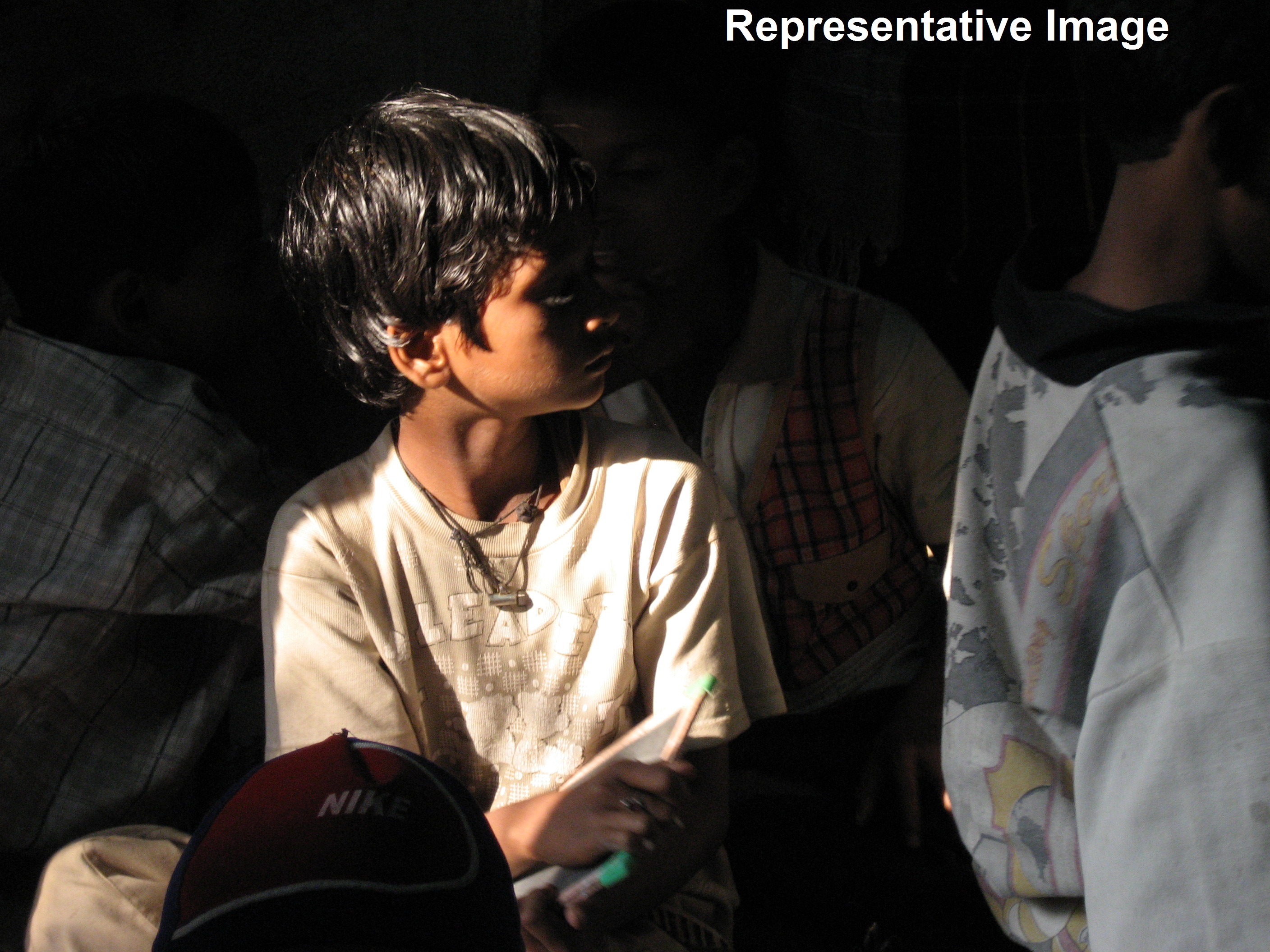Asha Trust - Bhainsaha School
Asha Trust - Bhainsaha School
Project Brief: It is a school run by volunteers of the first grass-rooots level chapter of Asha in India.
Project Type: Formal Schools (description)
Primary Focus: children of dalits/tribals (description)
Supporting Chapter Contact: Corvallis
Project Type: Formal Schools (description)
Primary Focus: children of dalits/tribals (description)
Secondary Focus: other
Area: RuralSupporting Chapter Contact:
Status: completed - requirements ended
Project Steward: Niranjan Thirukkovalur
Project Partner(s): Vijay Pandey
Other Contacts: Vallabh Pandey
Project Address: , Asha Shamajik Vidyalay, Vill. Bhaisahan ( Reoti), Po. Reoti,District, Ballia ,,
Uttar Pradesh 277209
Tel: 91- 9335341150
Stewarding Chapter: Corvallis
Project Steward: Niranjan Thirukkovalur
Project Partner(s): Vijay Pandey
Other Contacts: Vallabh Pandey
Project Address: , Asha Shamajik Vidyalay, Vill. Bhaisahan ( Reoti), Po. Reoti,District, Ballia ,,
Uttar Pradesh 277209
Tel: 91- 9335341150
Stewarding Chapter: Corvallis
It is a Asha - Ballia run school that needs emergency funds that they have asking for almost 2-3 years now. The school does not have a proper infrastructure. On the donated land one room exists with a roof. The other two rooms do not have a roof. The roofs are needed asap so that classes continue in inclement weather too. Another important thing that needs to be built is a toilet. Some play equipment for the school children also need to be provided.
The first activities of Asha were started in India in Reoti town area of Ballia district of U.P. in 1994. Presently they have two education centres run for children and one sewing training programme for women. The programme is being entirely managed by local volunteers, which incidently is also the first grassroots volunteer base for Asha in India. One of the education centers is the Bhaisan school which serves the poor children belonging to the Mallah, Vaishya caste in the community of Reoti, UP.
Asha Samajik Vidyalaya Bhainsaha, Reoti is a school run by Asha in Ballia. The school was started in 1995 when Sandeep Pandey (Magsaysay awardee and a founding member of Asha) visited Ballia with the initiative of Vijay Bhai, Vinay Bhai and two other teachers with the goal of making free education attainable and practical for the children of the local community, increasing awareness of the importance of child education, and veering young children away from hard labour.
Jun 2008 ASV Bhaisahan Reoti Ballia project proposal 2008-2009
Oct 2003 October'03 Report
Sep 2003 Site Visit-2003
Mar 2003 Proposal-2003
Dec 2002 Budget-roof-2003
Aug 2002 Site Visit- 2002
Oct 2003 October'03 Report
Sep 2003 Site Visit-2003
Mar 2003 Proposal-2003
Dec 2002 Budget-roof-2003
Aug 2002 Site Visit- 2002

